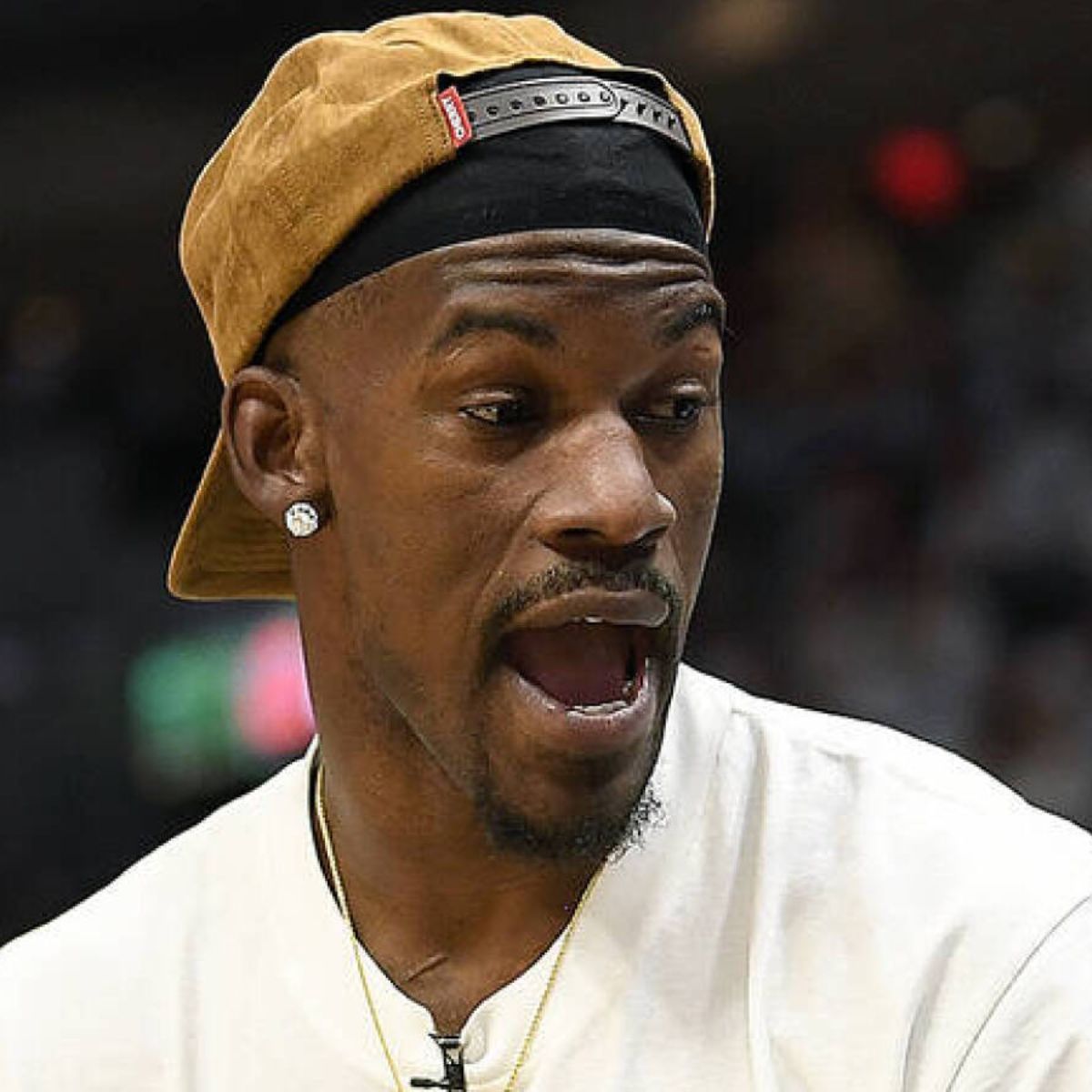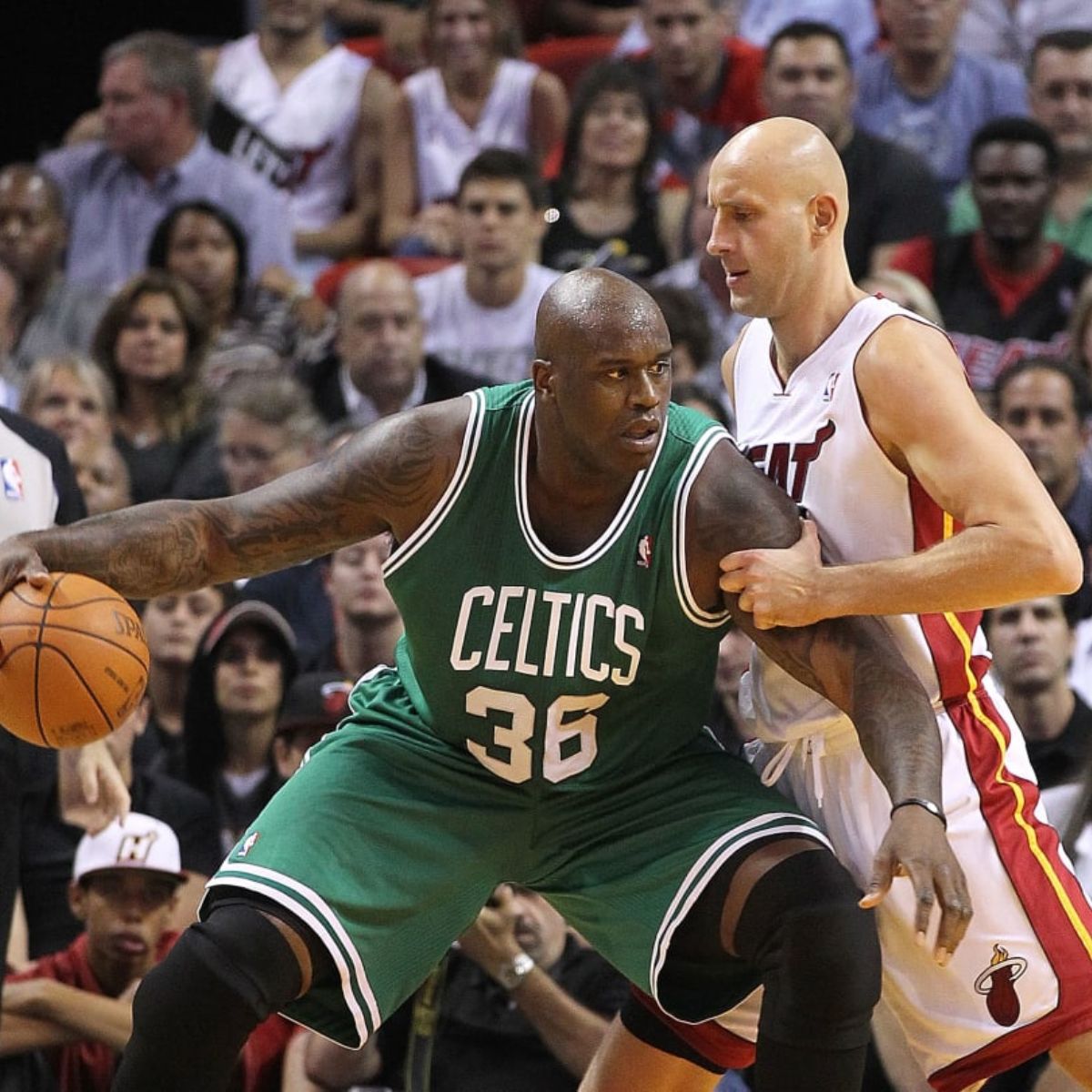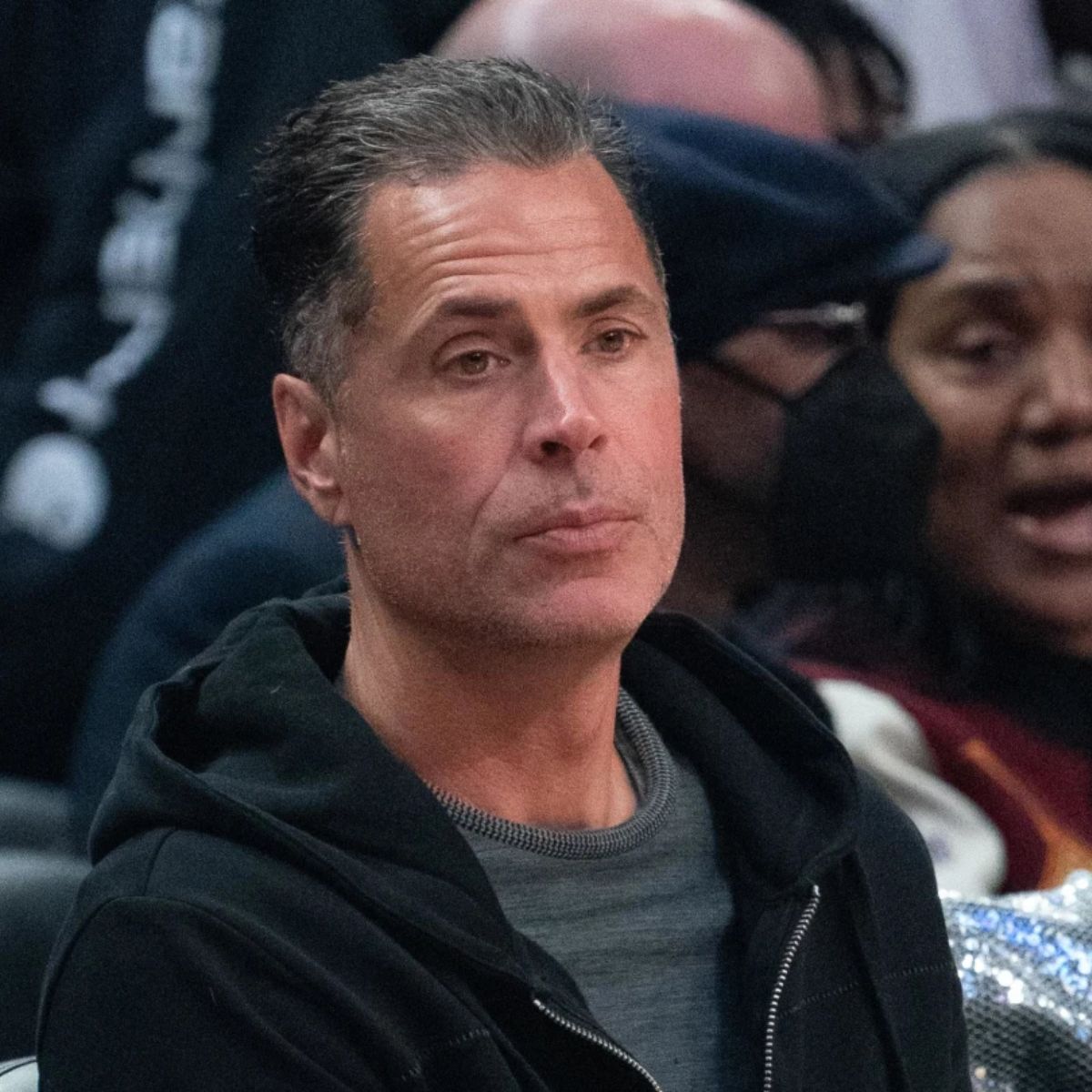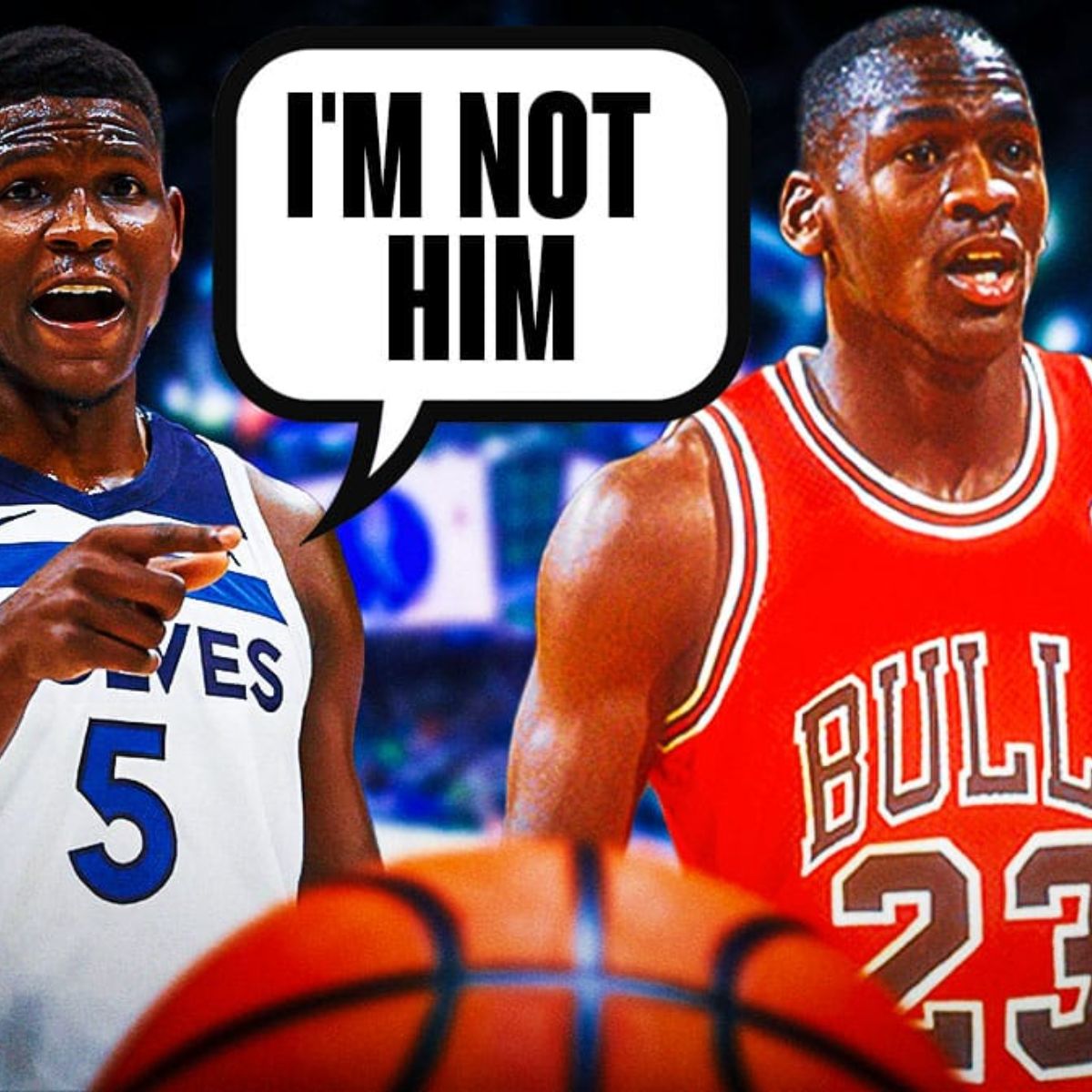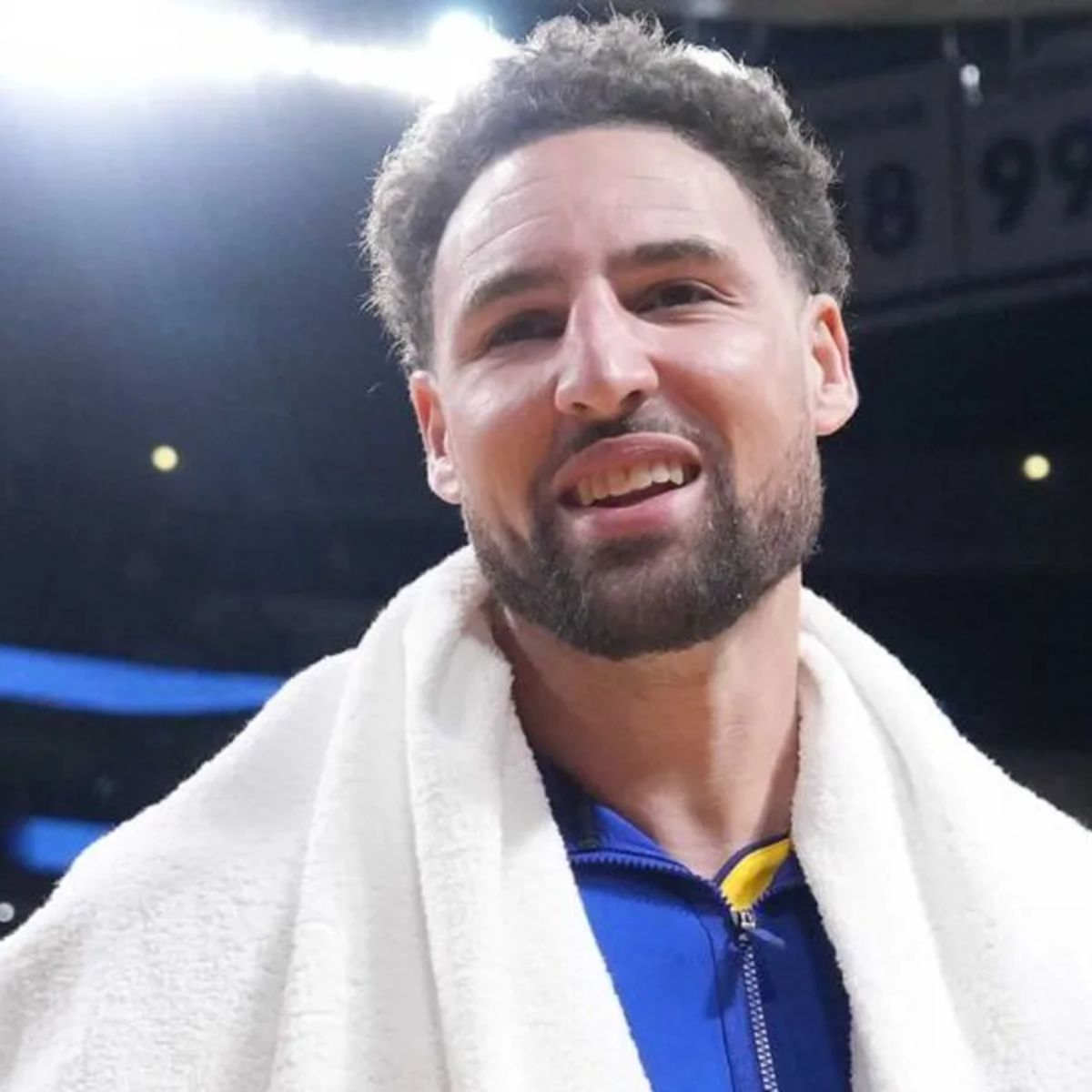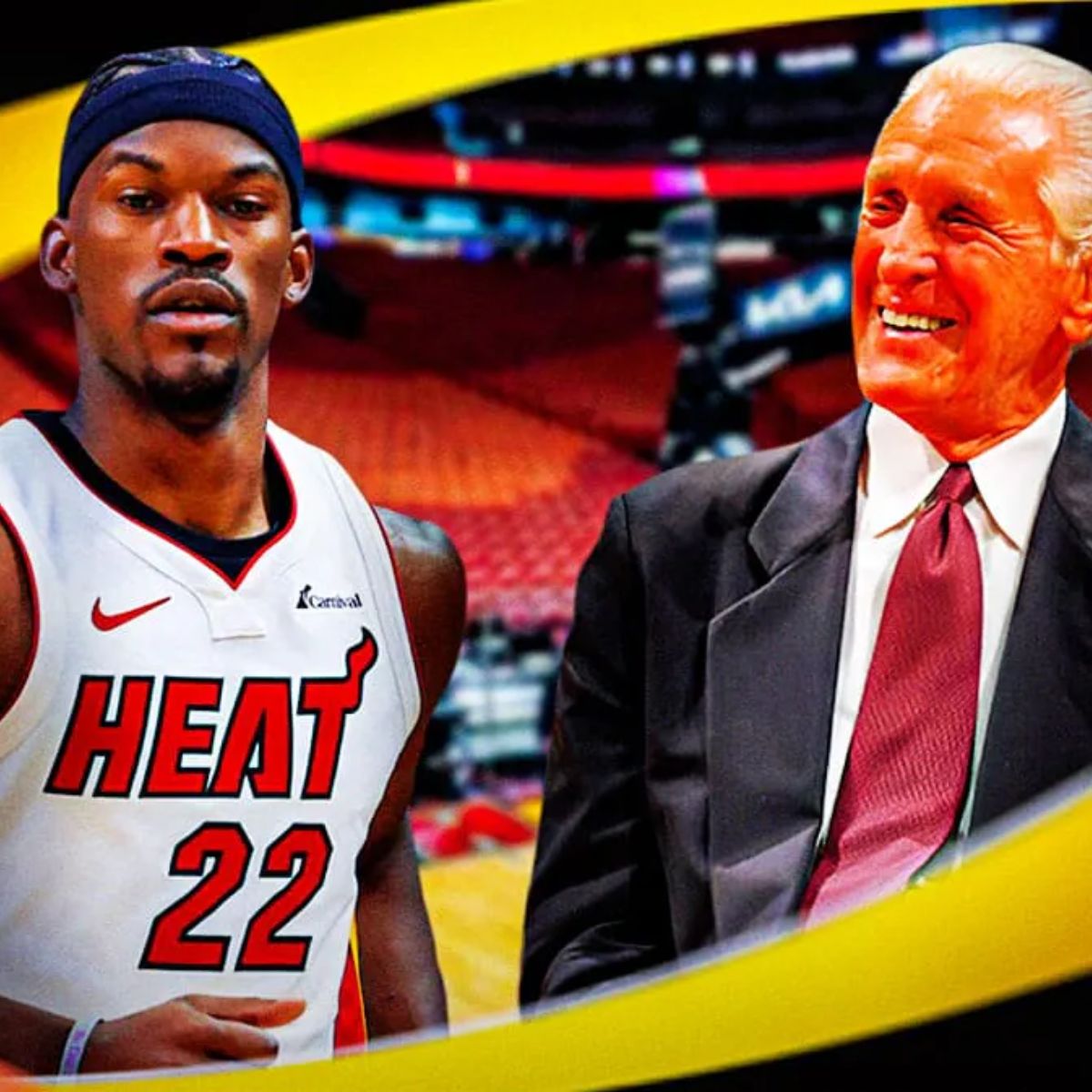The Miami Heat already made their big move before the Feb. 8 trade deadline, but that doesn’t mean they’re done.
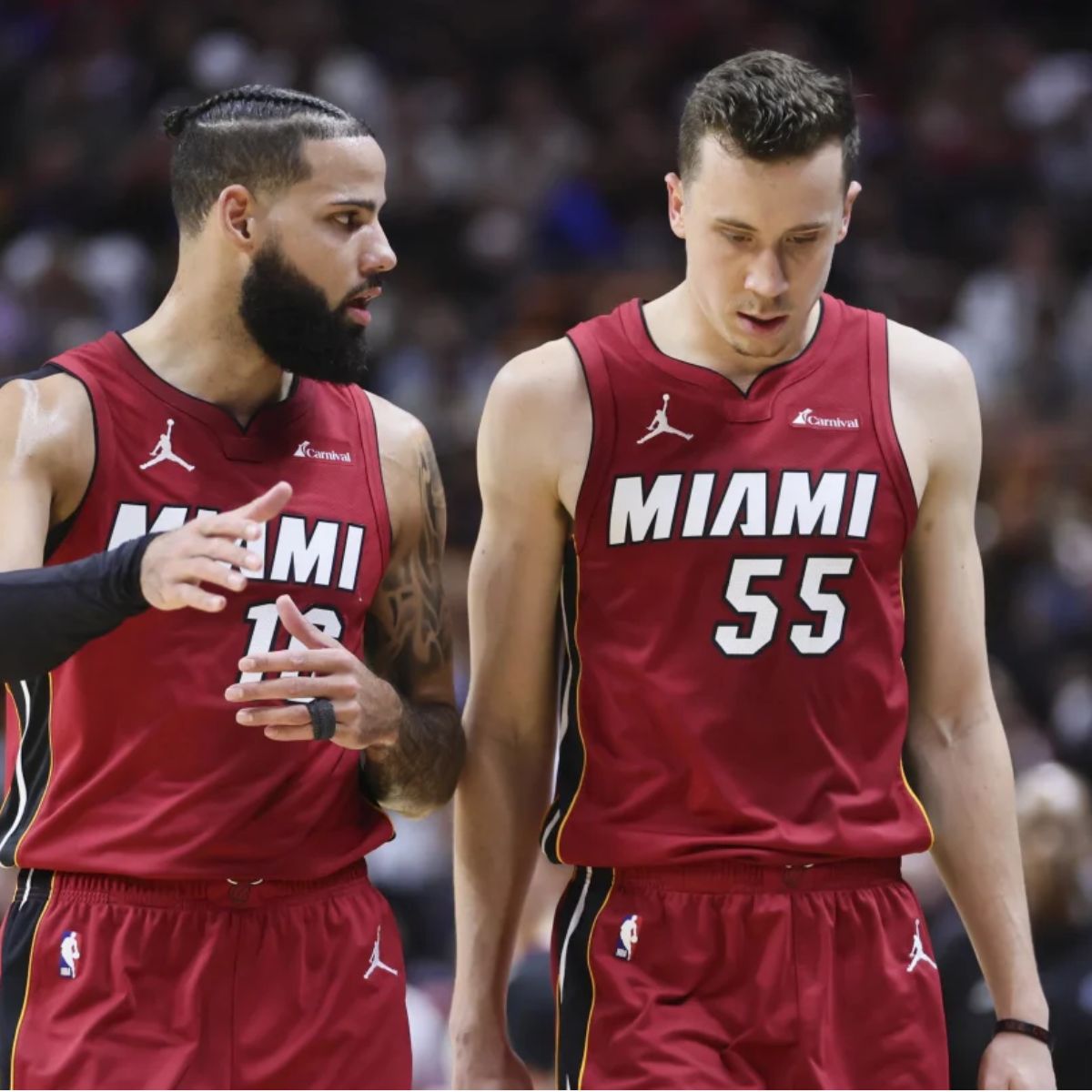
Even after trading Kyle Lowry and a first-round pick for Terry Rozier, there are still a few moves left on the board should the Heat opt to make further changes to the roster, namely with Caleb Martin and a fringe roster player many fans may have forgotten about.
But let’s start with Martin. There’s little doubt about what Martin has meant to this franchise and his importance to last year’s Finals run. Among all of Miami’s development success stories, his may be the greatest.
But it’s also true that the Heat might not be able to afford to keep him. Martin has a player option for $7.1 million next season and the indication is that he will opt out and search the market for a lucrative, long-term deal. If that happens, the Heat will be hard-pressed to bring him back without stepping into the punitive second luxury tax apron.
So the Heat are left with a choice: Keep Martin for the remainder of the season, even if it’s increasingly likely that he’ll walk away for nothing, or trade him for a useful player on a team-controlled contract going through at least next season.
The Heat faced a similar choice last season with Gabe Vincent and Max Strus. Of course, they opted to keep them, and both played pivotal roles in Miami’s surprising run to the Finals. Losing them for nothing doesn’t look as bad when considering their impact.
The Martin decision is very much the same, although the Heat will be even more limited in terms of what they can offer their own free agents this summer than when Vincent and Strus entered the market.
But deciding to trade Martin isn’t that simple. The Heat still have their sights set on competing for a spot in the Finals, and Martin is one of Miami’s most important players. With his early-season injuries seemingly behind him, he is starting to return to form. He’s averaging a career-high 10.4 points, shooting 38.1% from 3-point range this season and is a fixture in Miami’s closing lineups.
But it’s also true that the emergence of Jaime Jaquez Jr. and Haywood Highsmith makes Martin a bit more expendable than he was this time last season. If there’s a deal out there to help bring a bit more balance to the roster — and that player is under a cost-controlled contract for at least next season — then the Heat would have to consider it.
For example, what would the Heat say if the Sacramento Kings offered Davion Mitchell for Martin? Mitchell is in his third year, under contract for next season and will be a restricted free agent the following summer. He’s still developing as an offensive player but his point-of-attack defense and ball-handling could help this group.
Or what if the Heat could turn Martin into a floor-spacing big man like Jalen Smith, who is less important to Indiana’s rotation now that they have Pascal Siakam?
Do those players help the Heat more than Martin does now? Probably not. But they can also be developed into the Heat’s next success story and make an impact next season, whereas Martin most likely will not.
Then there’s the case of Dru Smith. Remember him? Smith hasn’t played since Nov. 22, when he suffered a right knee sprain in Cleveland.
Because of the timing of the injury, the Heat cannot waive Smith, but they are allowed to trade him. Smith’s season-ending injury and the unwillingness to use their 15th and final roster spot means the Heat have been playing the season with 13 rostered players (and three players on two-way contracts). Trading Smith would open up a roster spot for someone who can contribute now.
The Heat still have up to $7 million in cash that they can send to a team in exchange for the favor of taking on Smith’s deal. Doing so would save the Heat about $3.1 million when factoring in the luxury tax, open up a roster spot and trigger the ability to sign a player who is bought out of his current contract.
After the Kyle Lowry trade, the Heat have a $5 million taxpayer mid-level exception than can offer to a free agent. (They also have trade exceptions worth $9.45 million, $7.2 million and $4.7 million they can use.)
Because of the Heat’s position against the luxury tax, they are unable to sign a bought-out player if that player’s previous contract exceeded $12.4 million for the season.
That eliminates Gordon Hayward, Doug McDermott and Joe Harris, for instance.
But the Heat could still theoretically sign players like Alec Burks, Delon Wright, Danilo Gallinari and Cedi Osman should any of them agree to buyouts with their current teams.
If the Heat made both of these moves, by the time they returned from the All-Star break, they could have turned Caleb Martin and Dru Smith into Davion Mitchell and Danilo Gallinari. Or Jalen Smith and Delon Wright. Is that roster better and more balanced than the one the Heat have now?
Of course, they don’t have to do anything. But these are the decisions the Heat’s front office have to consider between now and Thursday.
